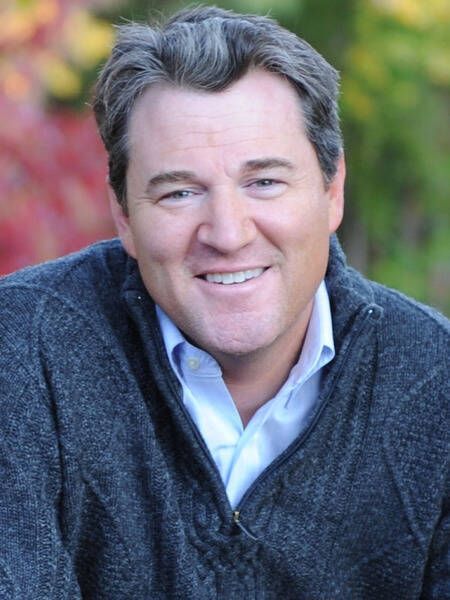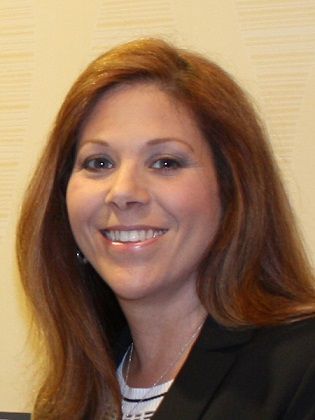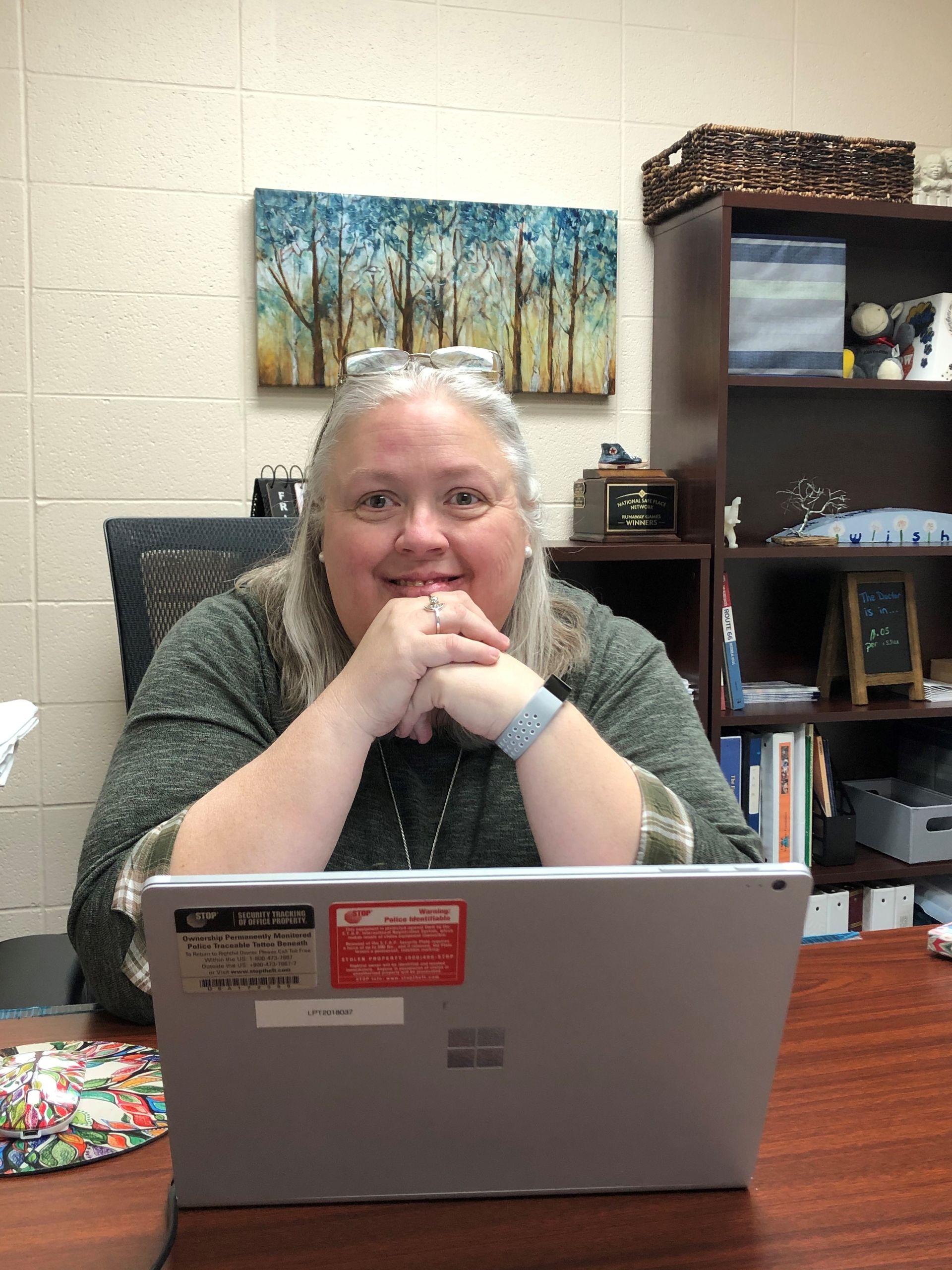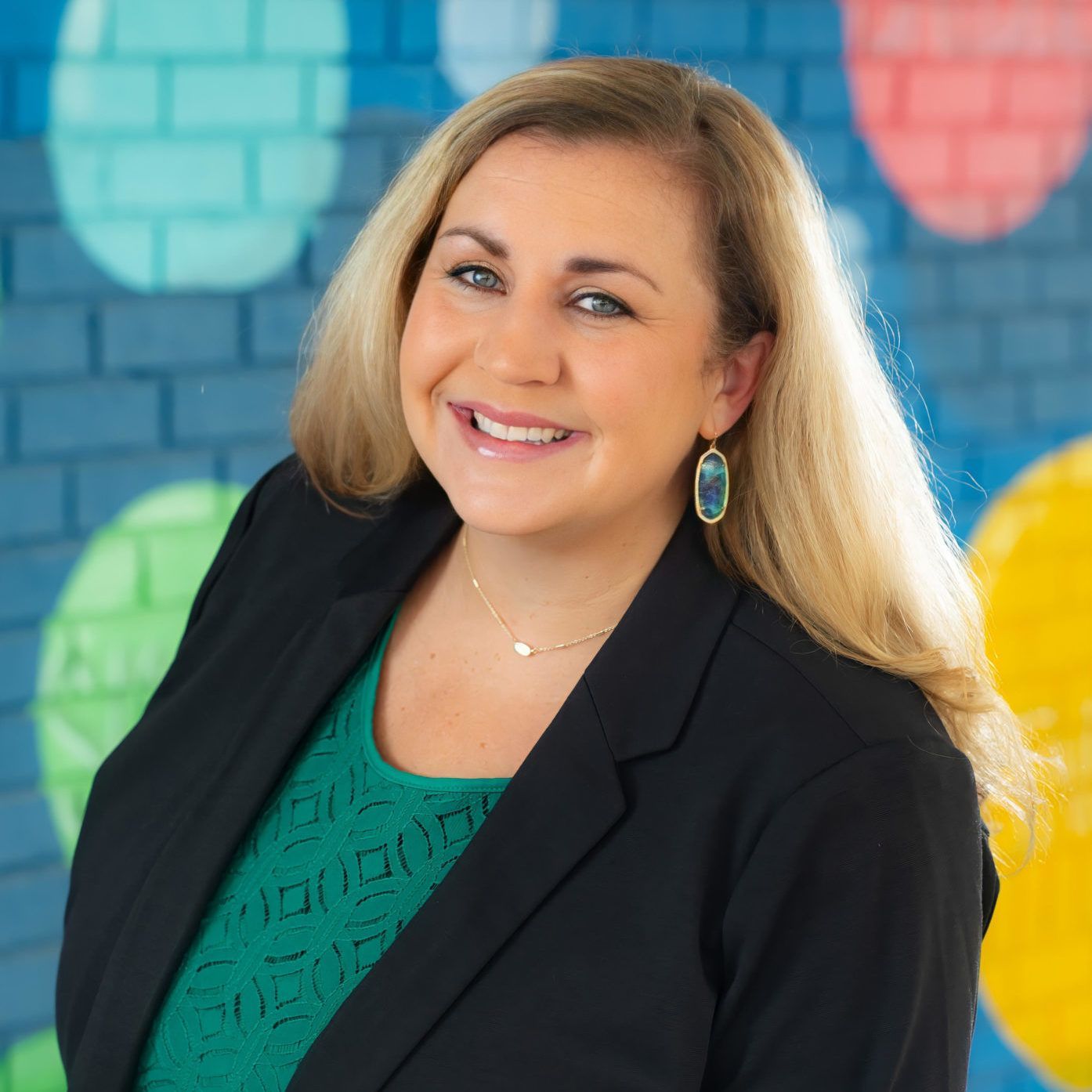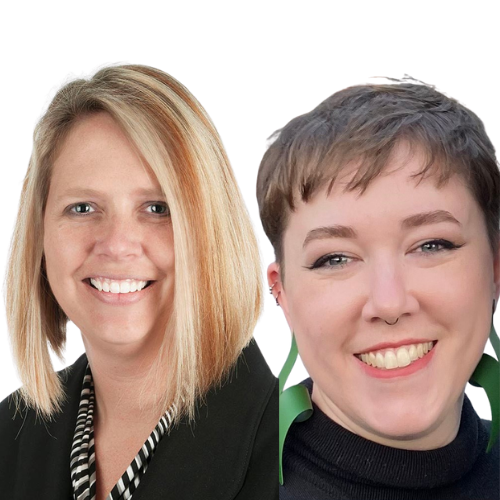Marcie Smith
Executive Director
The Children's Haven, Inc.
Empathetic distress is a mindset that can lead to serious problems for people in the workplace. While most professionals are motivated by a desire to help others, factors such as empathy fatigue, organizational distrust, and the overwhelming scale of social issues can result in burnout and feelings of disconnection from nonprofit missions.
Organizations offering supervised visitation programs often struggle to help their communities understand and connect with their work. Families separated due to foster care involvement participate in court-ordered supervised visitation as part of the reunification process. It is understandable that members of the community may assume children enter foster care solely because of abuse or neglect by parents or caregivers—and this is sometimes true. Yet fostering empathy for parents in these situations can feel difficult.
However, our organizations depend on community support—through advocacy, funding, and awareness. It is essential to use innovative storytelling, leverage partnerships, and increase understanding of our goals and impact to build stronger community connections. In supervised visitation, we are helping tell a family’s story, and our work requires garnering support for the family unit, not just the child. This workshop will share innovative strategies to engage your community and strengthen support for supervised visitation programs.
Empathetic distress and burnout affect not only service providers but also the people receiving services. This session will encourage participants to reflect on what it means to thrive as human beings and to develop tools for reconnecting with purpose, compassion, and self-compassion. These practices allow us to show up fully—for ourselves, our loved ones, our clients, and everyone we encounter—in the healthiest way possible.
As professionals, we have assumed a profound responsibility for the care and welfare of others. Yet when we are overwhelmed or distressed, we cannot access the wisdom needed to best serve our clients. This presentation speaks to all who work in stressful environments, addressing the fundamental aspects of being human while doing emotionally demanding work.
By shifting our mindset about how and why we do this work, we can cultivate happier, healthier lives—changes that naturally extend to every area of our personal and professional experience. This session invites reflection on how we wish to show up in the world, both for ourselves and for others, so that we may be of greater service to our communities.
Marcie Smith joined The Children’s Haven as Executive Director in 2018. Under her leadership, The Children’s Haven has quadrupled in size, receiving local, state, and national recognition for its programs serving children who’ve been impacted by abuse and neglect. Marcie has over 15 years of experience with nonprofit organizations focused on education, fundraising, homelessness prevention, child abuse prevention, and childhood cancer research.
Marcie holds a Bachelor’s degree in International Relations from Birmingham-Southern College and a Master’s degree in diplomacy and conflict resolution from Norwich University. She is a 2016 graduate of LEAD Atlanta and a 2022 graduate of Leadership Cherokee. She has previously served with the Atlanta Regional Commission’s Millennial Advisory Committee.
She currently serves on the state Board of Directors for Georgia CASA and previously served on the state Board of Directors for Prevent Child Abuse Georgia. Marcie was recognized as a 2022 Georgia Trend Magazine 40 Under 40 honoree for the state of Georgia. She was also recognized as a recipient of the 2022 “Top Ten in Ten Young Professionals to Watch” by the Cherokee Chamber of Commerce and Enjoy Cherokee Magazine. She served as the Volunteer Coordinator for the HHC 201st Soldier Family Readiness Group of the Georgia National Guard during her husband’s 2023 deployment to Poland.
Marcie stays connected to her hometown of Covington, Georgia by serving on the Salem Camp Ground Board of Trustees, a lifetime appointment and one held by only ten women in the church camp meeting’s 200 year history. In 2024, she graduated from the Chick-fil-A Impact Accelerator leadership program. Marcie has been a member of the Rotary Club of Canton since 2019. She was named the 2022 Rotarian of the Year and served as the 2024-2025 Club President. Marcie was recently recognized with the 2026 Heritage of Hope award for community service from the Service League of Cherokee County.
Marcie is a “community builder” who is passionate about volunteer work, social innovation, family services, and collaborative efforts to work together to protect children and their childhoods. She lives in Woodstock, Georgia with her husband, Nate, and children, Elijah and Hadley. In her spare time, she shares nonprofit tips and advice through her Instagram @marciewithamission


